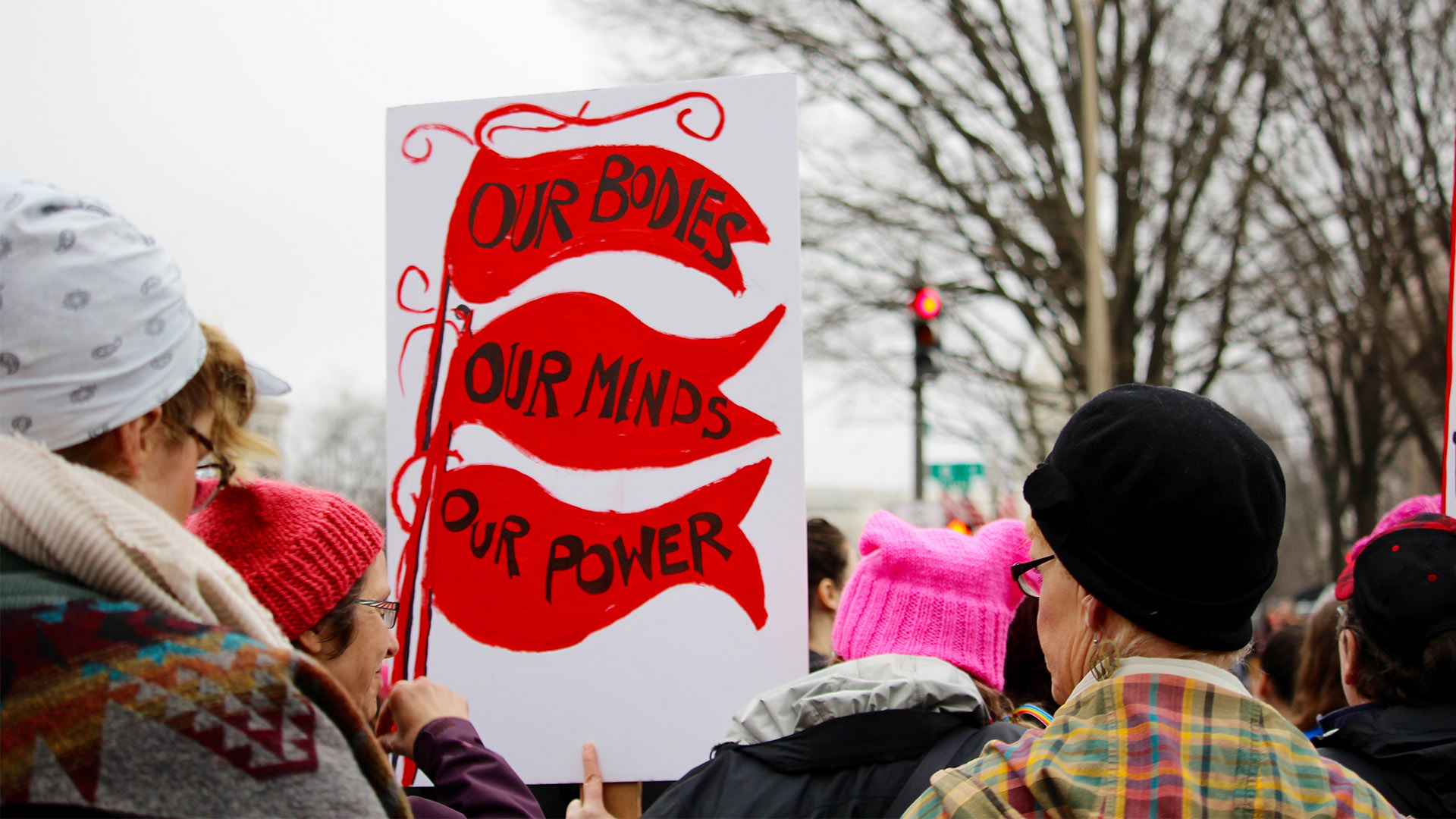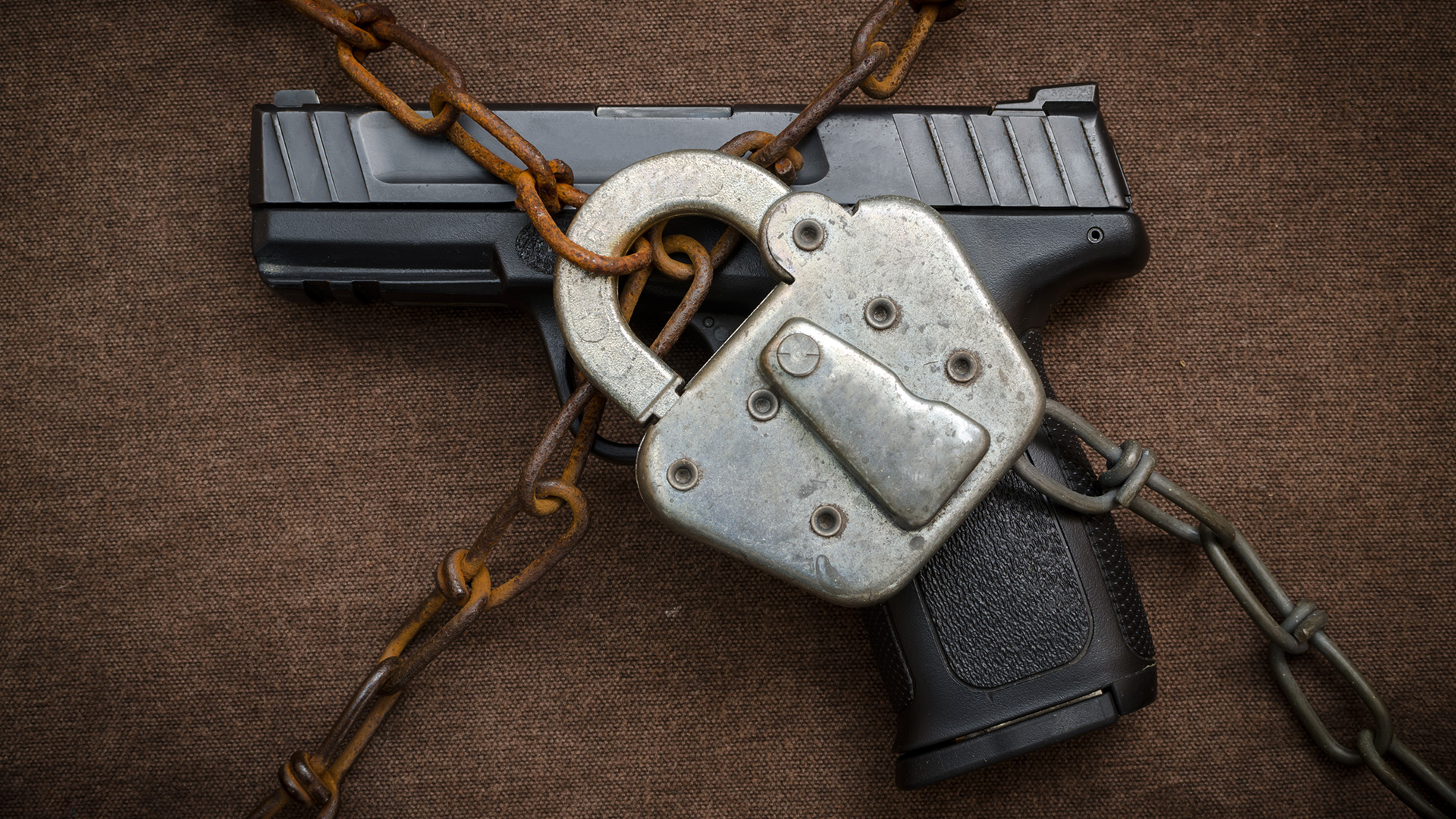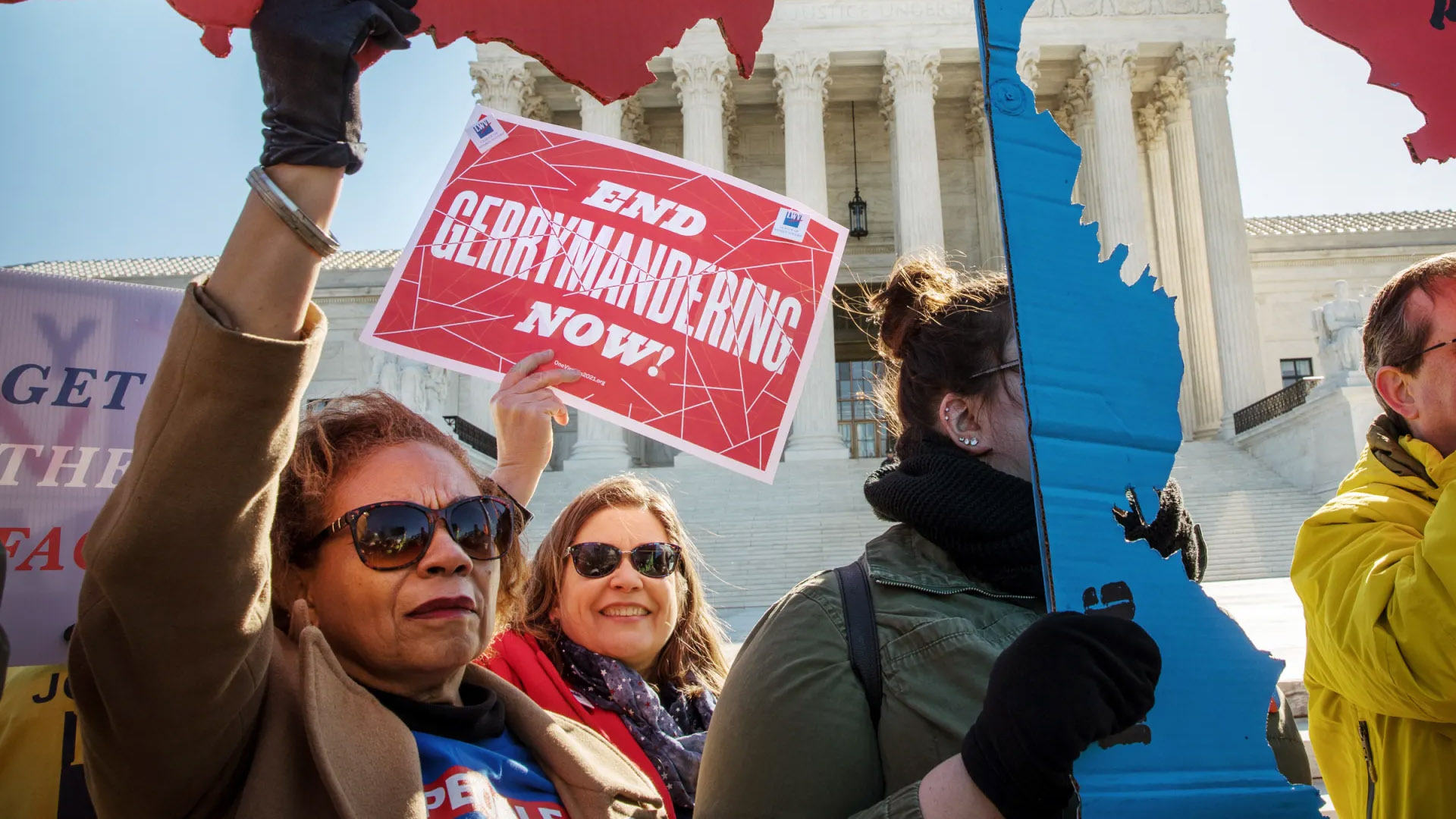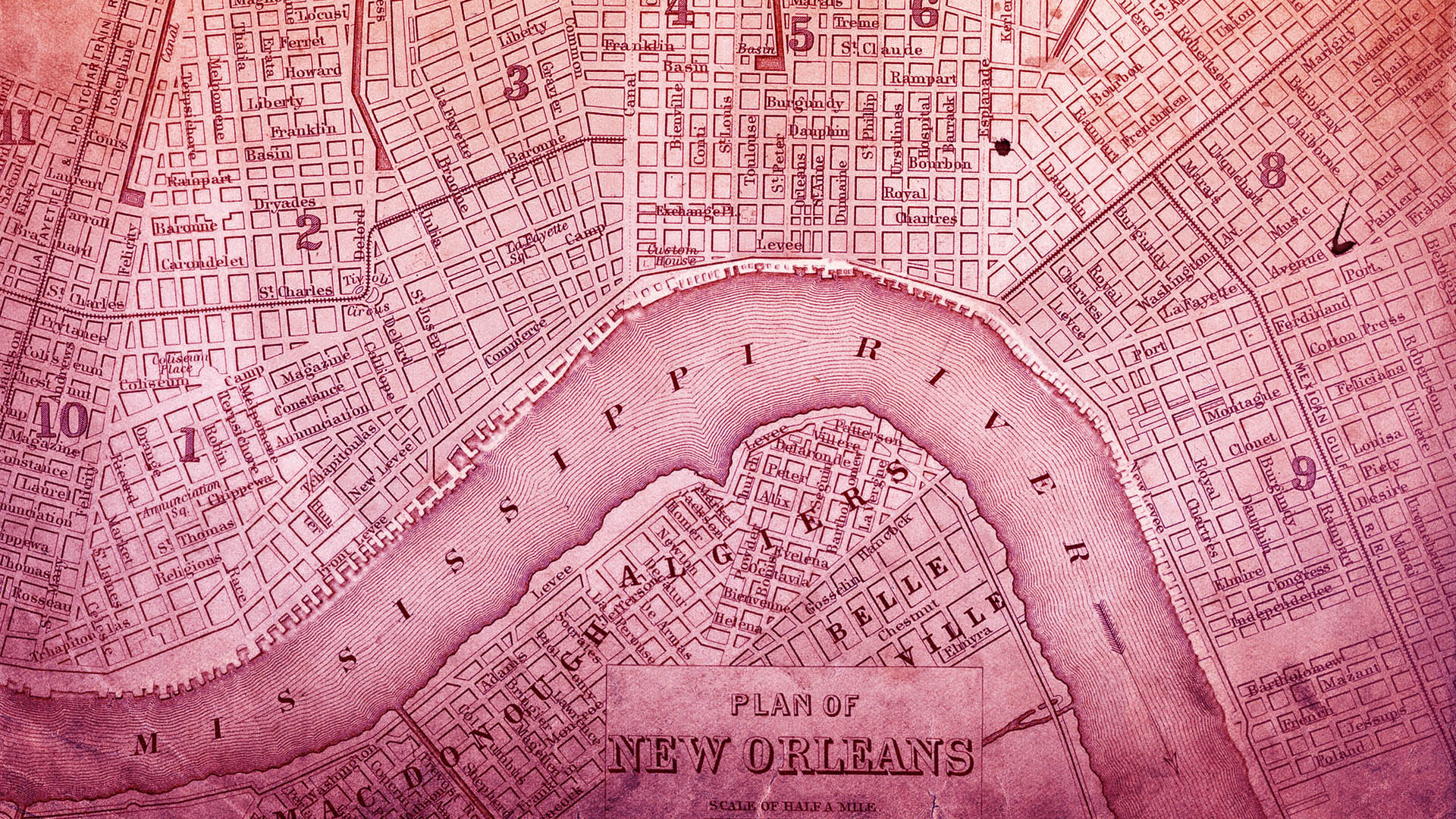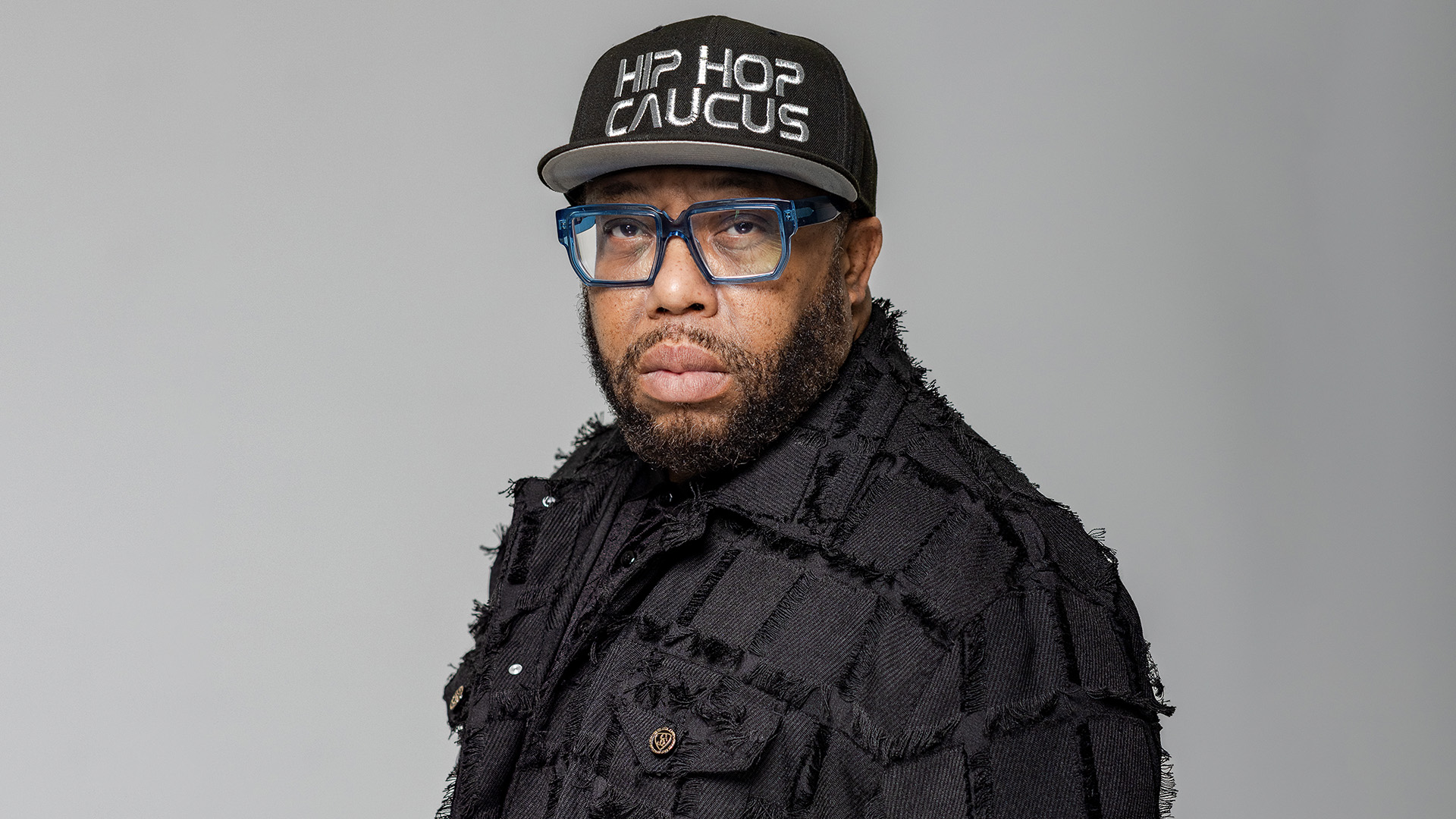Featured power-building conversations on clean air and water with Big Freedia and local leaders, and live performances from Ha Sizzle and the Water Seed band during 2024 ESSENCE Festival
NEW ORLEANS — Hip Hop Caucus and Beyond Petrochemicals highlighted the racial disparities of environmental pollution from petrochemicals and celebrated Black women at ‘NOLA Green: So Fresh, Seaux Clean,’ a free community-building event hosted at Headquarters by Nice Guys on Friday, July 5. During the 2024 Essence Festival of Culture, the event treated more than 500 attendees to panel discussions, musical performances and power-building conversations to help collectively address fossil fuel pollution and climate change.
‘NOLA Green: So Fresh, Seaux Clean’ featured a panel discussion with GRAMMY-winning recording artist Big Freedia, 2024 TIME 100 awardee RISE St. James founder Sharon Lavigne, and Healthy Gulf organizer Breon Robinson, moderated by Black Girl Environmentalist founder Wawa Gatheru. The panel discussion was preceded by an armchair discussion with Beyond Petrochemicals executive director Heather McTeer Toney, The Vessel Project of Louisiana founder Roishetta Ozane and Deep South Center for Environmental Justice founder Dr. Beverly Wright. The event culminated with a reception and musical performances by Ha Sizzle and the Water Seed Band.
“Just down the road from the historic 30th anniversary of Essence Festival, petrochemical facilities have been expanding to poison Black communities,” said Heather McTeer Toney. “At NOLA Green, we brought together community leaders, changemakers, and cultural icons to unite people in the fight against petrochemicals, so that the next thirty years and beyond are healthy, safe, and bright for Louisiana communities.”
Pollution from fossil fuels worsens the effects of climate change, and creates a destructive loop that disproportionately impacts the well-being of Black, Brown and Indigenous people. There are more than 120 proposed petrochemical projects in the U.S. that, if built, would lock in decades of toxic pollution and greenhouse gas emissions, posing significant threats to our climate and the health of frontline communities.
Recording Artist and Hip Hop Caucus’ Artist Relations Director and Cultural Producer Dawn Richard said, “The ‘NOLA Green: So Fresh, Seaux Clean’ event is a pivotal step toward addressing environmental injustice, raising awareness of the impact of petrochemicals in the surrounding Gulf, and uniting communities in the fight for a clean, inclusive and equitable future. The love I have for my city and my own personal battle with the climate crisis has made my work with Hip Hop Caucus rewarding, meaningful and tangible. By bringing together diverse voices, in New Orleans and beyond, we can create impactful solutions that benefit everyone.”
For more information on Hip Hop Caucus and Beyond Petrochemicals, visit www.hiphopcaucus.org and www.beyondpetrochemicals.org.
Photo Credit: Hip Hop Caucus and Beyond Petrochemicals
About Hip Hop Caucus
Formed in 2004, the Hip Hop Caucus (HHC) is a non-profit, non-partisan organization that leverages Hip Hop culture to encourage young people to participate in the democratic process. Through a collaborative leadership network, HHC addresses core issues affecting underserved communities. HHC programs and campaigns support solution-driven community organizing led by today’s young leaders.
About Beyond Petrochemicals
Launched by Bloomberg Philanthropies in September 2022, Beyond Petrochemicals: People Over Pollution aims to halt the rapid expansion of petrochemical and plastic pollution in the United States. The campaign draws on the success of the Beyond Coal campaign, supported by Bloomberg Philanthropies, and Bloomberg’s Beyond Carbon campaign, to turbocharge existing efforts led by frontline communities to block the rapid expansion of 120+ petrochemical projects concentrated in three target geographies – Louisiana, Texas, and the Ohio River Valley. The campaign also works to establish stricter rules for existing petrochemical plants to safeguard the health of American communities. For more information, please visit us at beyondpetrochemicals.org and follow us on Instagram, LinkedIn, Facebook, and X.
###



